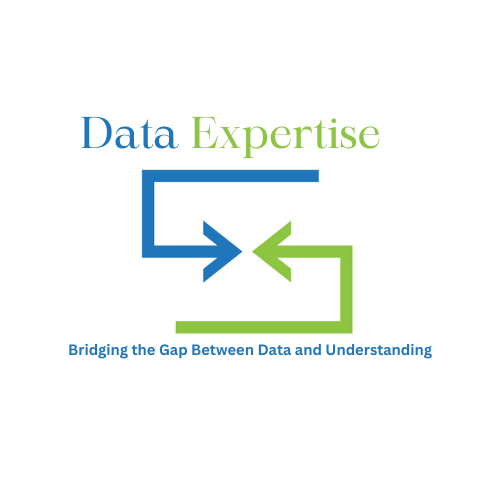Database Management Systems (DBMS) have been the backbone of data storage for decades. They offer structured and efficient data organization, making them invaluable for various applications, from small-scale businesses to large enterprises. This blog will delve into the evolution of DBMS, its core functions, and how to harness its potential for optimized data storage and retrieval.
In today’s data-driven landscape, effective data storage and management are paramount. From the traditional realm of database management systems (DBMS) to the ever-expanding horizons of cloud storage, this blog serves as a guide to mastering data storage and making informed decisions about your data assets.
Mastering data storage encompasses a broad spectrum of technologies and methodologies. It’s not just about housing your data but also ensuring its accessibility, reliability, and security. In this digital era, the choice between traditional Database Management Systems (DBMS) and cloud-based storage solutions can significantly impact your data infrastructure. By delving into the intricacies of these options, you can develop a comprehensive understanding of the pros and cons, enabling you to make informed decisions aligned with your data strategy and business goals.
Understanding Data Storage
Data storage is the foundation upon which all data-related decisions are built. It encompasses various technologies, each with its own strengths and use cases.
1. On-Premises Data Centers
On-premises data centers are the traditional approach to data storage. They provide full control and security over your data, with the ability to customize infrastructure to your exact needs.
2. Database Management Systems (DBMS)
DBMS is the software responsible for managing databases. It’s an essential tool for organizing and optimizing data. Popular options include MySQL, Oracle, and PostgreSQL.
3. Cloud Data Storage
The cloud offers scalability and accessibility. Leading cloud providers like AWS, Azure, and Google Cloud provide storage services to meet various business requirements.
Key Considerations for Database Management Systems
Database management systems are the backbone of data storage and retrieval. To choose the right DBMS, consider factors like data volume, transaction speed, and scalability. Your options range from SQL databases to NoSQL databases, each suited for specific applications.
When selecting a Database Management System (DBMS), it’s vital to evaluate your specific requirements. Consider factors such as data volume, transaction speed, scalability, and the nature of your data (structured or unstructured). The options at your disposal range from traditional SQL databases to NoSQL databases, each tailored to different use cases. Careful consideration of these factors is crucial to ensure that your chosen DBMS aligns perfectly with your data storage needs.
The Power of Cloud Storage

Cloud storage brings unparalleled flexibility to data management. It’s a cost-effective solution for businesses of all sizes, allowing easy scalability, disaster recovery, and global accessibility. Leverage cloud storage to reduce on-premises infrastructure costs while ensuring data security.
Data Storage Best Practices
Effective data storage isn’t just about choosing the right technology; it’s also about implementing best practices. From data backup and encryption to data archiving and compliance, these practices ensure your data remains secure and accessible.
Security in Data Storage
Security is a top concern for data storage. Safeguard your data from unauthorized access, data breaches, and cyber threats with encryption, access controls, and regular security audits.
The Role of Data Storage in Business
Data storage isn’t solely an IT concern; it’s integral to business operations. Efficient data storage enhances decision-making, fosters innovation, and ensures compliance with data protection regulations.
Mastering data storage is a journey that blends technology, strategy, and best practices. From the robust capabilities of on-premises data centers to the agility of cloud storage, understanding your options is key to making informed data storage decisions. By mastering data storage, you unlock the potential for data-driven success.

By adhering to best practices, implementing security measures, and recognizing the role of data storage in business, you can position your organization for a data-driven future. As the data landscape evolves, your data storage strategy will continue to play a pivotal role in your overall success.



Leave feedback about this